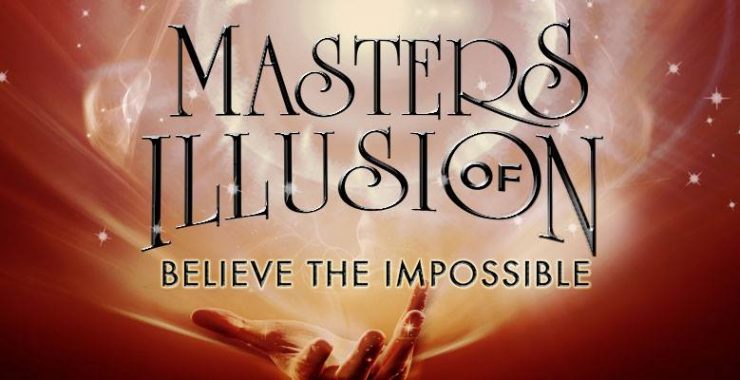



If you’re struggling, you’ll see a structured treasure trove of practical techniques that walk you through what you need to do to get on track. If you’re already an expert, this peep under the mental hood will give you ideas for turbocharging successful learning, including counter-intuitive test-taking tips and insights that will help you make the best use of your time on homework and problem sets. Using these approaches, no matter what your skill levels in topics you would like to master, you can change your thinking and change your life. We’ll also cover illusions of learning, memory techniques, dealing with procrastination, and best practices shown by research to be most effective in helping you master tough subjects. We’ll learn about how the brain uses two very different learning modes and how it encapsulates (“chunks”) information. If, however, the Court drew on a variety of principles instead of a single notion of neutrality to decide whether or not laws facilitated or discouraged religious practices, the result could be a more equitable approach to religion clause cases.This course gives you easy access to the invaluable learning techniques used by experts in art, music, literature, math, science, sports, and many other disciplines.

When defined by large, overarching principles of equality and liberty, neutrality fails to account for differences between groups and individuals. Ravitch unpacks the various principles of religion clause interpretation, drawing on contemporary debates such as school prayer and displaying the Ten Commandments on courthouses, to demonstrate that the neutrality principle does not work in a pluralistic society. Yet these two principles have been used in almost every Supreme Court decision addressing religion clause questions. Ravitch provocatively contends that both hard originalism (a strict focus on the intent of the Framers) and neutrality are illusory in religion clause jurisprudence, the former because it cannot live up to its promise for either side in the debate and the latter because it is simply impossible in the religion clause context. Many legal theorists and judges agree on one major premise in the field of law and religion: that religion clause jurisprudence is in a state of disarray and has been for some time.


 0 kommentar(er)
0 kommentar(er)
